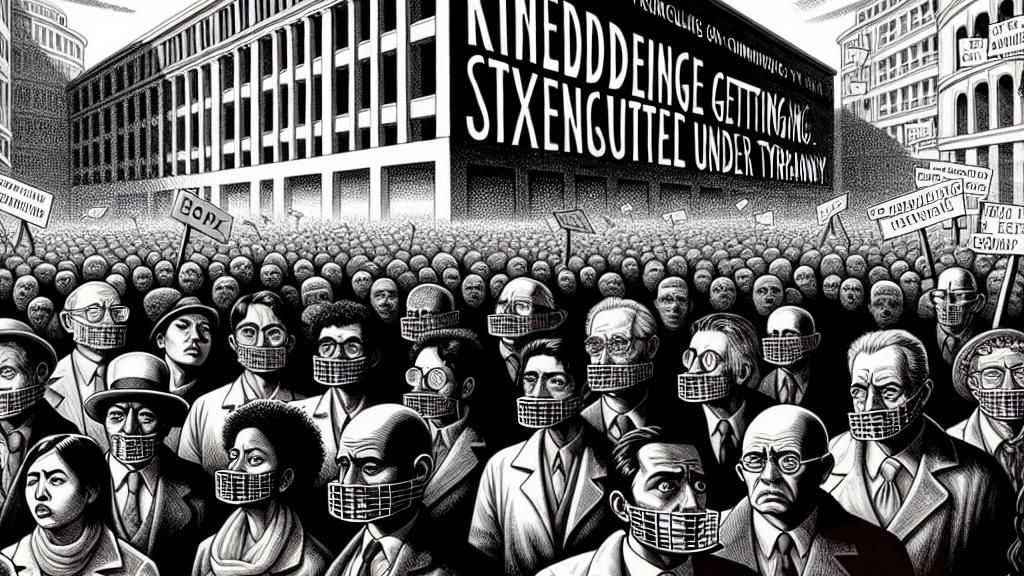Challenges Facing Venezuelan Scientists Amid Political Turmoil
Overview
- Venezuelan scientists endure repression, funding shortages, and political instability.
- Many researchers are contemplating emigration as a solution to ongoing risks.
- The scientific community faces dire consequences due to curtailed academic freedoms.

Political Climate in Venezuela
Venezuela, a nation marred by the heavy-handed rule of President Nicolás Maduro, finds itself entrenched in a tumultuous political climate riddled with fear and uncertainty. Following the controversial elections in July 2024, a frightening wave of repression ensued, leading to the detention of over 1,600 individuals, including vocal political opponents, dedicated students, and esteemed professors, all for daring to challenge the regime. In this oppressive environment, many scientists struggle to communicate their research, with paranoia creeping into daily discussions. Imagine a vibrant scientific community, once dynamic, now stifled as the thought of seeking refuge abroad becomes increasingly appealing—a heartbreaking reality where the quest for knowledge is at risk of being extinguished under the shadows of tyranny.
Impact of Economic Crisis on Research
The economic crisis complicates matters further, slashing national science funding to a mere 0.3–0.4% of the GDP—an alarming contrast to the OECD average of 2.7%. Statistics paint a grim picture: the active scientist population has dwindled to approximately 1,200. The once-thriving scientific community, filled with passionate young minds, is now confronted with the pressing questions of survival, as many seek opportunities overseas to escape the turmoil. For instance, the average age of remaining researchers hovers around 55, predominantly consisting of seasoned professionals who endure with resilience but also face the daunting reality of dwindling resources. This begs the question: how long can their unwavering dedication to science withstand the incessant pressures of economic hardship and sociopolitical unrest? Without fresh talent and funding, the scientific landscape of Venezuela looms dangerously close to an abyss.
Future of Science in Venezuela
As despair deepens, the future of scientific inquiry in Venezuela appears increasingly bleak. Harrowing accounts from scientists like Jaime Requena reveal an environment chillingly hostile to open discussion and free inquiry. The alarming introduction of a bill tightening control over NGO funding may very well deliver the death blow to the remnants of independent research, with alarming ramifications for scientific progress in the nation. If major changes do not occur, the horizon for science looks dim—an atmosphere where academic freedom suffers, financial support remains laughably insufficient, and innovative exploration fades into memory. What, then, will be left for future generations of eager Venezuelans who dream of unraveling the mysteries of their world? The urgency for change is palpable—now more than ever, a vibrant academic environment is critical to restore the country’s former glory as a bastion of knowledge and discovery.

Loading...